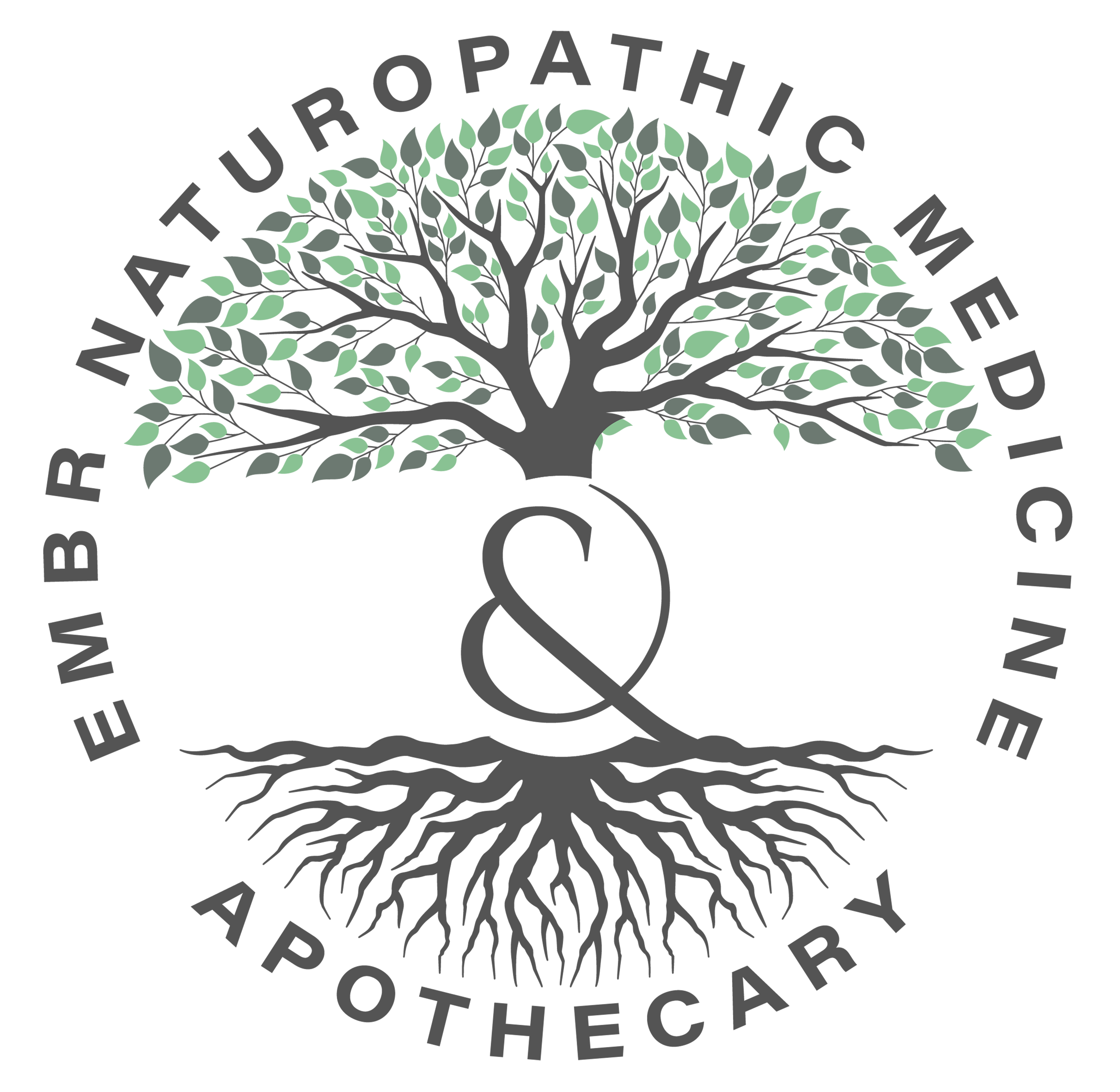
Have you ever taken a short or long course of oral antibiotic therapy? Perhaps you had frequent, recurring ear infections during your childhood, or maybe you were placed on long-term antibiotic therapy for adolescent or even adult acne. Well, every single time we take oral antibiotic medications, we are not only killing off the pathogenic bacteria that we don’t want, but we are also eliminating all of the beneficial bacteria that perform vital functions for our entire body as a whole.
In recent years, more and more research has been done in an attempt to identify all of the organs and systems that the microflora in our gut have a direct affect on. Current research has shown that overgrowth of dysfunctional or pathogenic bacteria (i.e. dysbiosis) can play a direct role in conditions ranging from inflammatory bowel disease and obesity, to diabetes and autoimmune diseases1,2,3,4.
In addition, did you know that oftentimes proton pump inhibitors (PPIs) are prescribed for patients with acid reflux when they are not even indicated? It may sound counterintuitive, but excessive stomach acid is usually not what is causing the reflux in the first place. One of the main feedback mechanisms for ensuring that the lower esophageal sphincter remains tightly closed is high stomach acid; therefore, when the contents of the stomach are not acidic enough, this sphincter loosens and the contents of the stomach leak back up into the esophagus and cause significant discomfort. Additionally, when PPIs are taken for a prolonged period of time, not only does it lead to nutrient deficiencies down the line, but it also makes your stomach more prone to infections. The low pH (or highly acidic environment) of the stomach is one of our biggest defenses against the bacteria and toxins that we ingest in the foods and drinks we consume. When the acidity of the stomach is compromised, so are our defense mechanisms against pathogens, which can lead to small intestinal bacterial overgrowth (SIBO); this is when you actually have bacteria growing higher up in your intestinal tract than you should! When you have an overgrowth of bacteria in your small intestines, the microvilli (or little finger extensions) cannot absorb nutrients as efficiently, which ends up exacerbating the problem.
Many of the chronic conditions that we see, which can range from skin conditions to more serious endocrine and autoimmune diseases, are often linked to our gastrointestinal health. In order to ensure that we have an optimally functioning gut, we need to stop pathogenic bacteria from growing where it should not be, and ensure that we are feeding our colon with the good bacteria that is mutually beneficial for achieving our best state of health.
